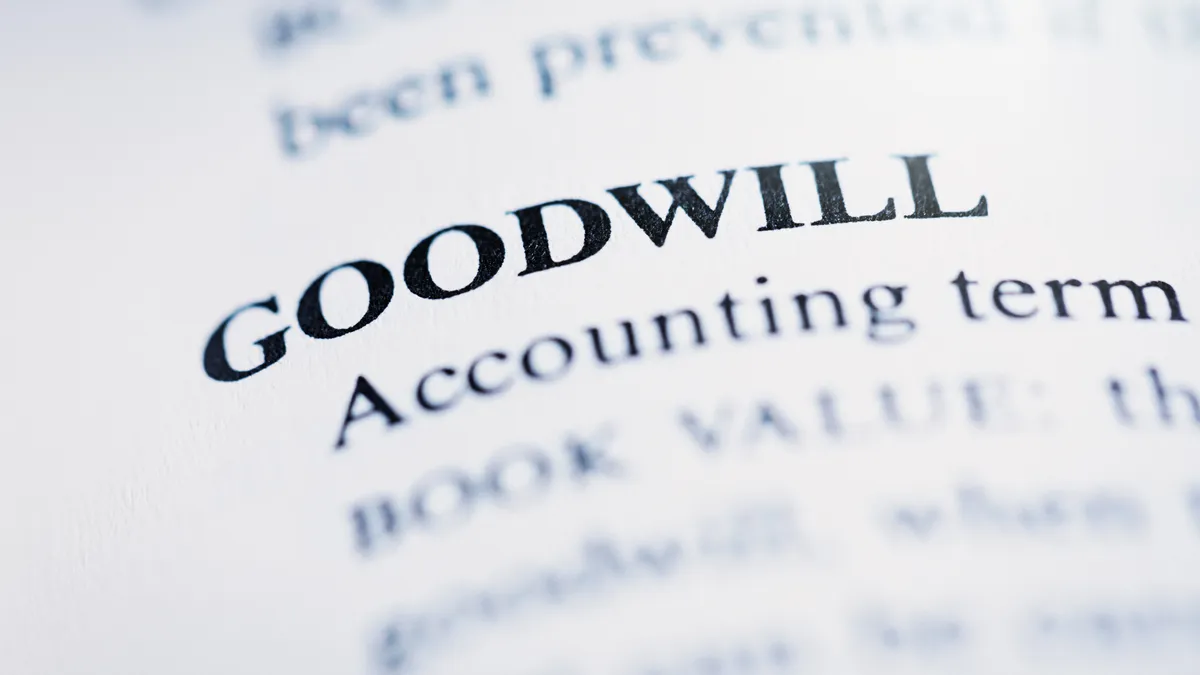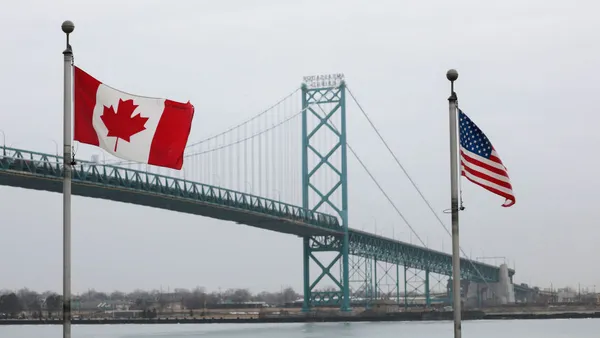Most members of the Financial Standards Accounting Board (FASB) are leaning towards supporting a GAAP change that would treat a newly acquired company’s prospects for future business by existing customers as part of goodwill rather than as an intangible asset separated out in financial reports.
At its meeting earlier this month, the FASB board debated whether to subsume under goodwill the value of an acquired company’s contractual and non-contractual customer relationships. These relationships are considered valuable because of the future business they promise, although assigning a value to them can be tricky.
Under GAAP, the value of these relationships is reported separately as part of the combined company’s intangible assets. But financial statement users – investors and analysts – mostly say the information isn’t that useful, in part because the value, and useful life, assigned to the relationships as an asset tends to be overly subjective.
The “measurement is wishy washy,” board member Christine Botosan said. She questioned whether the relationship a company has with its customers should even be thought of as an asset, which is defined as an owner’s right to a future economic benefit, “I don’t know what the right is that the company has,” she said in reference to the relationship a company has with its customers.
Intangible assets
Goodwill is the intangible value, above and beyond the purchase price, that accrues to a company from acquiring another company. That value gets tested for impairment over time and its value included in the combined company’s financial reports.
Originally, something like the value of an acquired company’s customer relationships was thought of as one of the intangibles that comprised goodwill. In recent years, intangibles that could be identified were separated out in their own line item. Some FASB board members would like to see intangibles, at least the ones that are hard to separate out, lumped back under the broader concept of goodwill.
Absent that, most of FASB’s board members say, they would lean toward folding just customer relationships back into goodwill rather than treat them as part of the intangible assets that are separated out.
“Non-contractual hoped-for future sales, which I think ends up being the value of [customer relationships] – hoped-for future sales to existing customers – I don’t think that meets the definition of an asset,” said Jim Kroeker, another board member.
FASB Chair Richard Jones said he supports keeping customer relationships under existing accounting rules for intangibles in the absence of a larger change on disclosures. A larger change in the way companies disclose information generally could be a way to address issues like customer relationships rather than trying to find a way to value and amortize these kinds of intangibles separately.
“I think we can make some improvements in naming and description,” said Jones. “I do think some of the folks that want [customer relationships] separated might have a misunderstanding as to what this is. I think we could clarify that.”
The board didn’t take any action on the issue. Instead, each member shared the way they’re leaning should the issue be taken up for a vote in a future meeting. That means the existing treatment of intangibles, including customer relationships, in which they’re treated as a separate line item from goodwill, remains the standard. That could change in the future, though, since most members are leaning towards wanting to change it.














